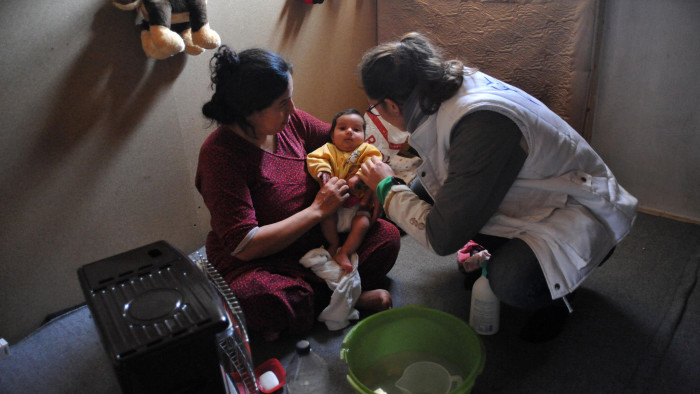FT showcase displays business schools’ social impact efforts

Roula Khalaf, Editor of the FT, selects her favourite stories in this weekly newsletter.
When the Financial Times asked business schools late last year to submit examples of their activities that had social impact, it received a strong response: about 220 replies from around the world.
There was little consensus between the schools about what they considered had impact. Few attempted to quantify their policies, let alone in any standardised way that would aid comparison. A panel of external experts who reviewed the submissions — with limited time and information — also took divergent views on what to stress and how to evaluate the most significant initiatives.
Rather than create a ranking based on such varied and largely qualitative information, the FT published a showcase of responsible business education best practices that were praised by the experts. It identified 20 projects in each of the four main categories: research, teaching, student projects and operations of the schools themselves.
A number of schools and other organisations requested the full range of submissions, in part so they could benchmark against others, seek inspiration and organise possible partnerships. For access to a spreadsheet with this data please email us at respbus@ft.com, along with any suggestions on how to analyse or compare business school activities when it comes to social impact.
Sustainability and environmental projects featured prominently. This was notably through the provision of electives or core courses in teaching, as well as in projects to improve campus operations through emissions reductions, cutting food waste, promoting vegetarian options, encouraging the use of public transport and installing solar panels.
Beyond climate change, a number of broader social initiatives involved working with local communities, for instance: Australian institutions with Aboriginal communities, Canadians with First Nations, France with refugees and South Africans with lower income entrepreneurs in informal settlements.
Student projects frequently included pro bono consulting with social enterprises and charities, and advising low-income groups on tax returns or basic financial management. A range of student-led investment funds with a focus on social impact or ways to participate in the allocation of university endowments is also a growing feature.
Other themes highlighted included workplace initiatives related to staff and student wellness and inclusion, with physical and mental health support programmes and financial aid to support those in difficulties.
However defined, there is little doubt that many business schools are playing an important role in helping prepare future generations for a social role.
To do so more systematically and comprehensively, while also encouraging others to do more, would be the logical next step.

Comments